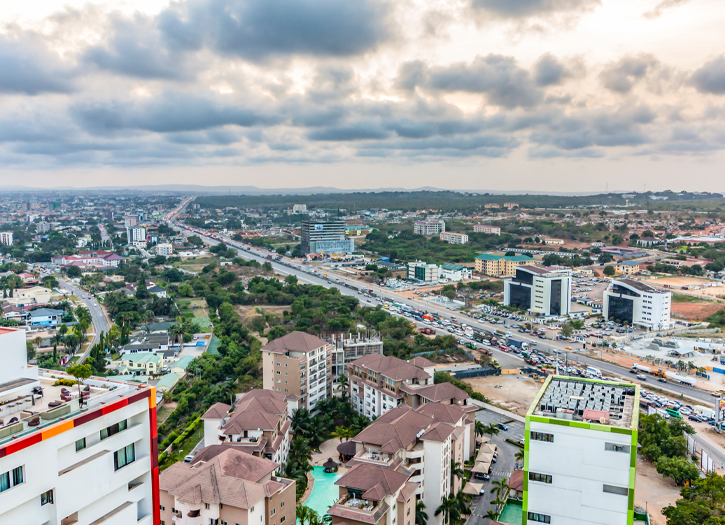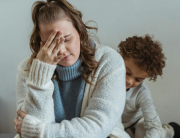COVID-The COVID-19 pandemic in Ghana is part of the worldwide pandemic of coronavirus disease 2019 (COVID-19) caused by severe acute respiratory syndrome coronavirus 2 (SARS-CoV-2). The first two cases in Ghana were confirmed on 12 March 2020, when two infected people came to Ghana, one from Norway and the other from Turkey.
Joint meetings among major stakeholders were conducted as well as training sessions organised for teachers and other professionals on how to handle suspected cases of novel COVID-19. Measures instituted by the President of Ghana on the 15th of March 2020 included bans on school activities, bans on all social gatherings, and a temporary lockdown and restrictions of the movements of people in the Greater Accra and Ashanti Regions of Ghana .At an emergency press briefing on 12 March 2020 Health Minister Kwaku Agyemang-Manu announced Ghana’s first two confirmed cases (in Accra) . The two cases were people who returned to the country from Norway and Turkey which made them the first actual cases of COVID-19 in Ghana.
Initially the Government of Ghana banned all public gatherings including conferences, workshops, funerals, festivals, political rallies, church activities and other related events to reduce the spread of the virus. Beaches were also closed. Basic schools, senior high schools and universities, both public and private, were also closed. Only BECE and WASSCE candidates were permitted to remain in school under social distancing protocols. On 30 March, the partial lock down of Accra and Kumasi took effect. Members of the Executive, Legislature and the Judiciary; and some services such as those that were involved in the production, distribution and marketing of food, beverages, pharmaceuticals, medicine were exempted from the restrictions.
On 11 May 2020, the government of Ghana through the office of the Ghana tourism Authority, gave hotels, bars and restaurants permission to reopen but to operate under enhanced social distancing procedures.In a televised address, the president extended the ban on social gatherings till the last day of May 2020.Public transport vehicle operators were also given directives to enforce in vehicle physical distancing, while commuters were expected to use face masks within vehicles. Compliance to these directives however would be varied, with most (98%) operators adhering to the guidelines on physical distancing, although significant number of commuters were not adhering to the guidelines on face mask.
The president lifted the ban on COVID-19 related restrictions on transport operators by allowing them to operate to full capacity. He also lifted restrictions on Tourist sites in the country. He further eased restrictions on religious worships in the country. The cup on the number of persons in a worship which was initially the 100 people was removed. The President Nana Addo Dankwa Akufo-Addo increased the duration from one hour to two hours and these take effect on Saturday, 1 August 2020. He further claimed Ghana’s border closure still stands despite easing some COVID-19 restrictions.
August 7, 2020 recorded 455 new positive cases therefore increasing the country’s case count to 40,097. Eight new deaths have also been recorded, pushing the number of deaths from the virus to 206. 436 new COVID-19 cases recorded on August 8, 2020 has came from samples that were taken between July 17 and August 4, 2020. A new COVID-19 Business Tracker Survey conducted by the Ghana Statistical Service (GSS), in collaboration with the United Nations Development Programme (UNDP), and the World Bank showed that about 770,000 workers (25.7% of the total workforce), had their wages reduced and about 42,000 employees were laid off during the country’s COVID-19 partial lock-down. On 20 May 2020, it was confirmed 30 health workers tested positive for the virus in Ashanti region during their line of duty. It was confirmed by the Regional Director of Health Services. Affected persons were front-line workers managing the disease in the region. 173 new cases were confirmed making Ghana’s case move to 6,269 according to Ghana Health Service.
Ghana’s Trades Union Congress (TUC), revealed an estimated 100,000 job losses in the formal sector and 400,000 in the informal sector after a market research. All these jobs were lost in less than 6 months after the first COVID-19 case in March, 2020.







Add Comment